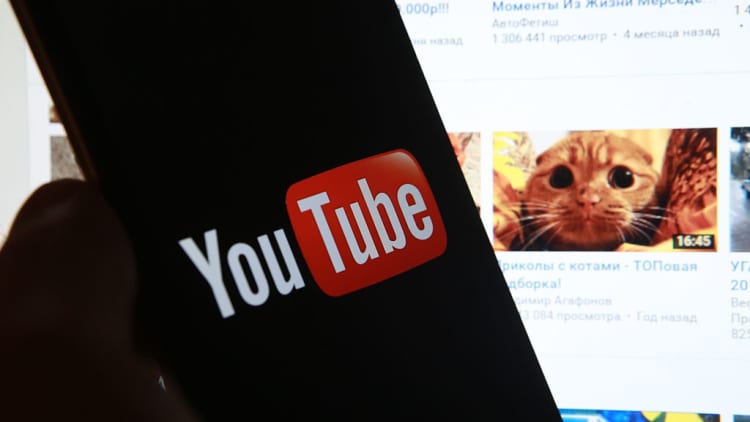YouTube CEO Susan Wojcicki apologized on Friday for changes the company announced on Thursday, which affected how the company would verify YouTubers beginning in Oct.
"To our creators & users – I'm sorry for the frustration & hurt that we caused with our new approach to verification," Wojcicki said on Twitter. "While trying to make improvements, we missed the mark. As I write this, we're working to address your concerns & we'll have more updates soon."
YouTube creators expressed outrage and confusion on Thursday as the Google-owned company notified some of them that their channels were going to lose verification status. In particular, YouTube said it would verify only channels where there was a significant risk of confusion -- for instance, musicians or media brands -- instead of basing verification only on popularity. Contrary to what some are saying, no channels have been unverified yet, and owners who received a warning email can appeal the decision.
Still, the anger reflected a growing mistrust of YouTube among content creators on the platform who have felt the company doesn't listen to them.
According to The Verge, some YouTubers said verification helps their videos appear more prominently when people search for content. Without that verification, creators felt that their videos might not be as easily found as those from creators who are verified.
YouTube has endured several conflicts with creators this year, with some complaining about harassment and hate speech, and others arguing that the platform's rules about removing advertisements — a process called "demonetization" — are random and poorly explained. Creators counts on ads as their main source of revenue.
CNBC's Matt Rosoff contributed to this report.



